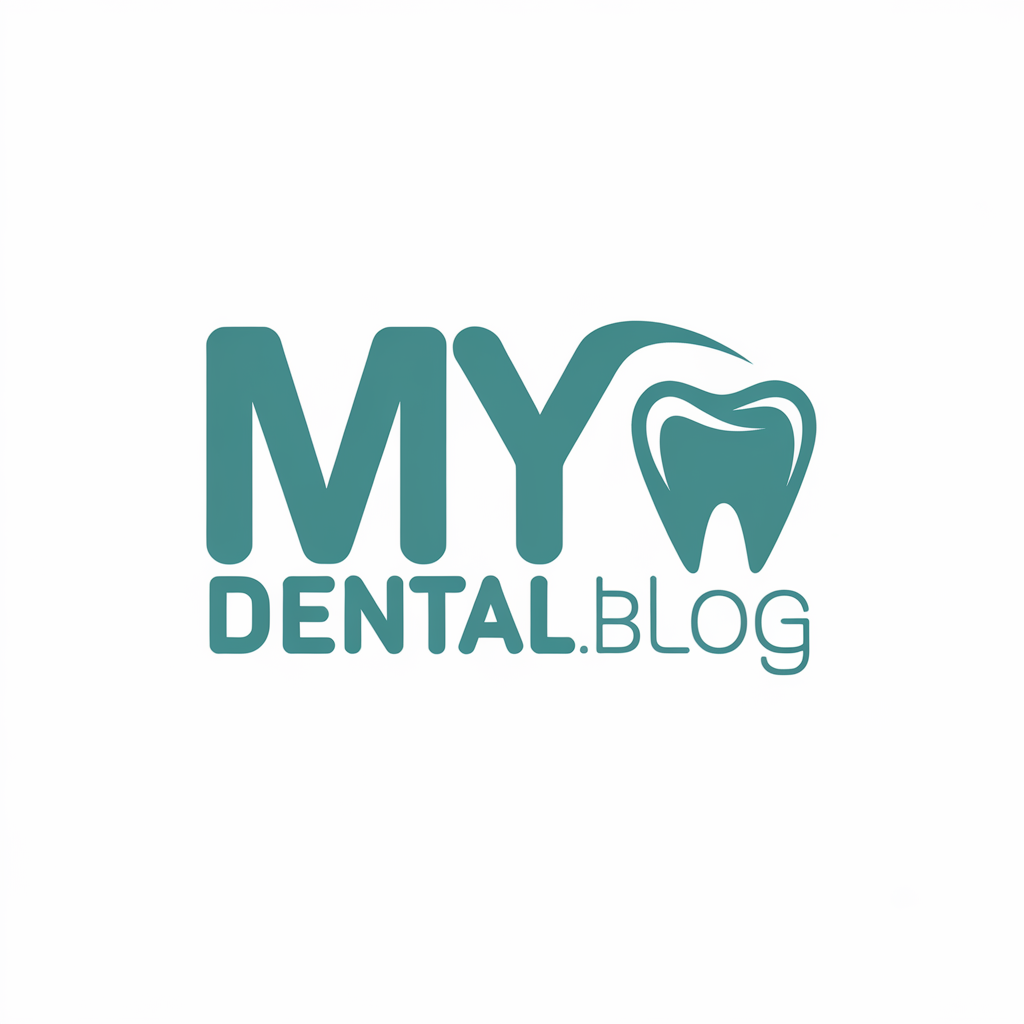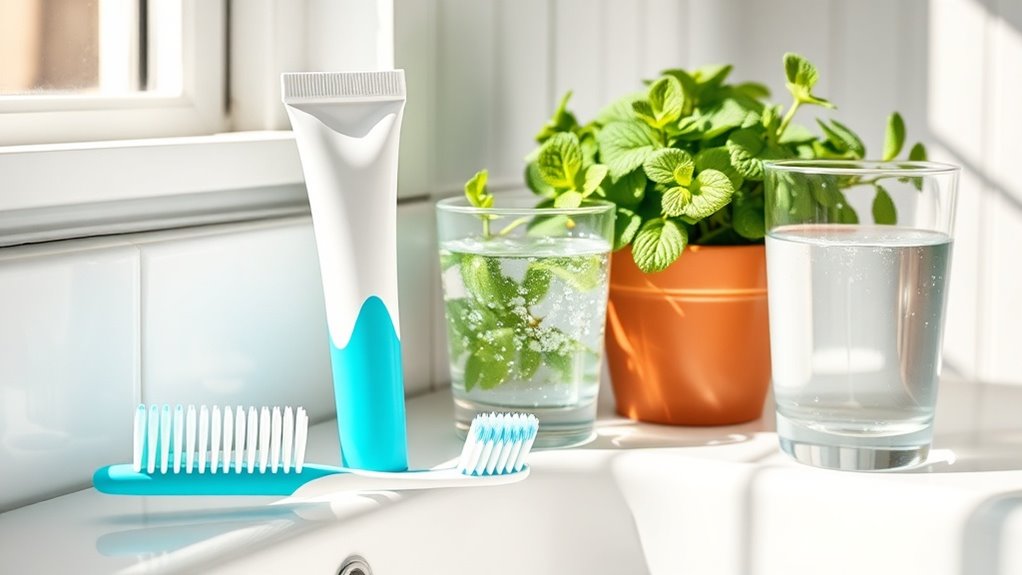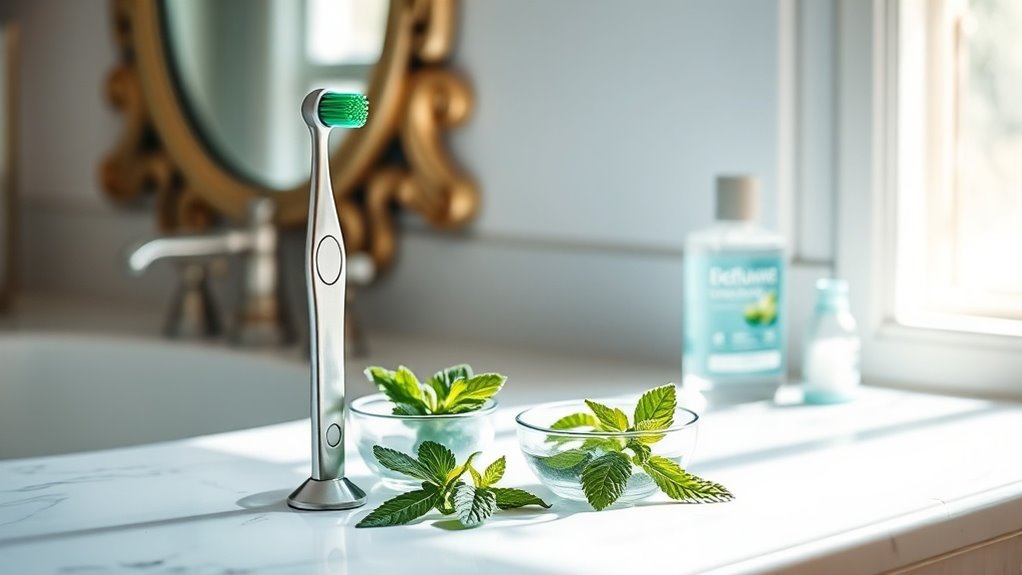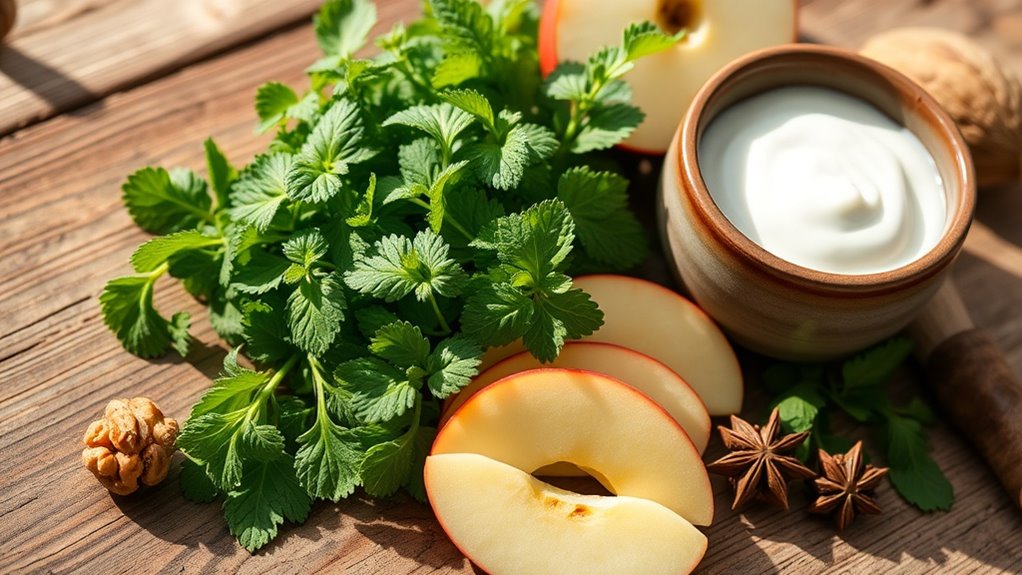Mouthwash Wasn’t Enough-This Is What Finally Helped
If mouthwash hasn’t resolved your bad breath, it’s time to address the underlying causes. Poor oral hygiene and gum disease often play a significant role. Instead of relying solely on mouthwash, focus on brushing twice daily, flossing, and incorporating natural remedies like chewing parsley or sipping green tea. Staying hydrated and maintaining a balanced diet also help. Discovering the full range of effective techniques can lead you to lasting fresh breath and improved oral health.
Understanding the Causes of Chronic Bad Breath
Chronic bad breath, or halitosis, often stems from a variety of underlying causes that you mightn’t even be aware of.
Poor oral hygiene, gum disease, and certain medical conditions can contribute to this issue. Additionally, foods like garlic and onions can temporarily worsen your breath. It’s important to note that imbalanced oral bacteria can also lead to the production of sulfur compounds, further exacerbating bad breath.
Identifying the root cause is key to effectively addressing chronic bad breath and regaining your confidence.
The Limitations of Mouthwash
While addressing the root causes of chronic bad breath is vital, it’s important to understand that mouthwash isn’t a catch-all solution. Many mouthwashes only mask odors temporarily without tackling underlying issues.
They can’t eliminate bacteria or food particles stuck between teeth. Additionally, some products might contain alcohol, which can dry out your mouth, potentially worsening bad breath in the long run. Over-reliance on mouthwash can disrupt the oral microbiome, ultimately leading to a more persistent bad breath.
Natural Remedies for Fresh Breath
If you’re looking for effective ways to combat bad breath naturally, several remedies can make a noticeable difference.
Chewing parsley or mint can neutralize odors, while sipping green tea offers antibacterial properties.
Incorporating apple cider vinegar diluted in water can also help balance oral pH.
Lastly, staying hydrated ensures saliva production, which naturally cleanses your mouth and combats bacteria. Regular oral hygiene practices like brushing and flossing are also essential for maintaining fresh breath.
Oral Hygiene Practices That Make a Difference
Regular oral hygiene practices significantly reduce bad breath and improve overall oral health.
Brushing your teeth twice a day with fluoride toothpaste removes plaque and food particles. Don’t forget to floss daily to clean between teeth.
Using mouthwash can further enhance cleanliness. Regular dental check-ups are essential for preventing issues and maintaining optimal oral health. Understanding tooth decay is crucial in preventing cavities and ensuring a confident smile.
Lifestyle Changes for Long-Term Results
Achieving lasting oral health goes beyond just daily hygiene practices.
It requires a commitment to lifestyle changes that support your overall well-being.
Consider implementing these strategies:
- Maintain a balanced diet rich in vitamins and minerals.
- Stay hydrated to support saliva production and oral moisture.
- Avoid tobacco and limit alcohol to reduce oral health risks.
Incorporating good oral hygiene can also reduce the risk of systemic diseases linked to poor dental care.
These changes can lead to improved oral health and long-term benefits.





